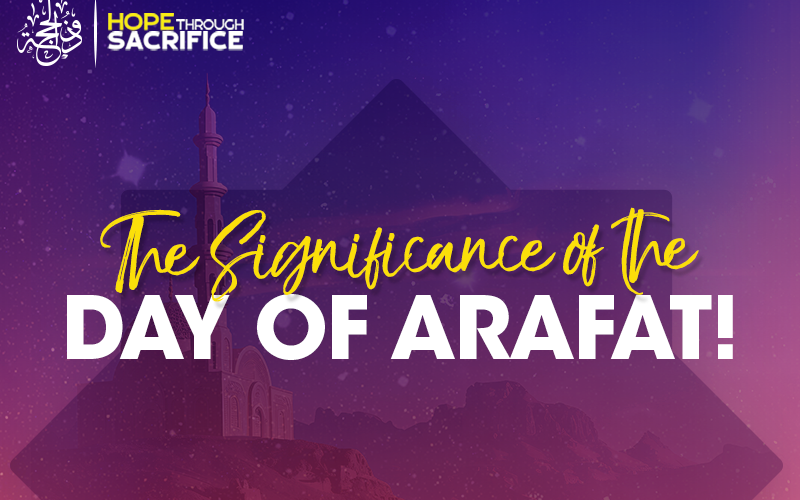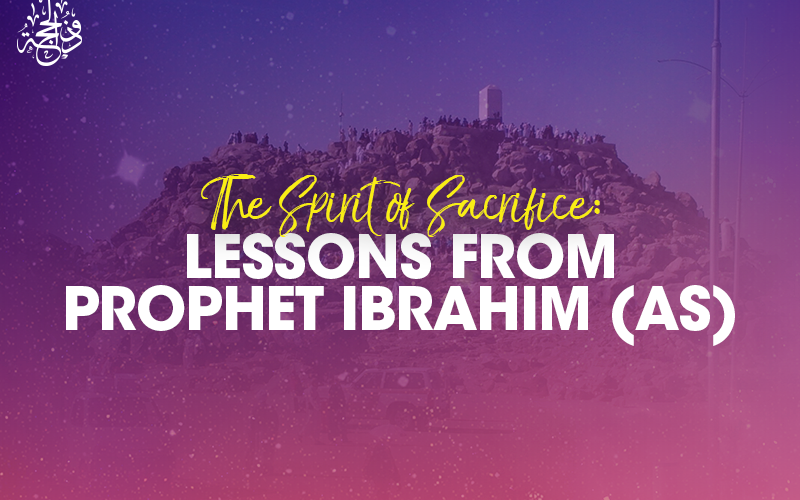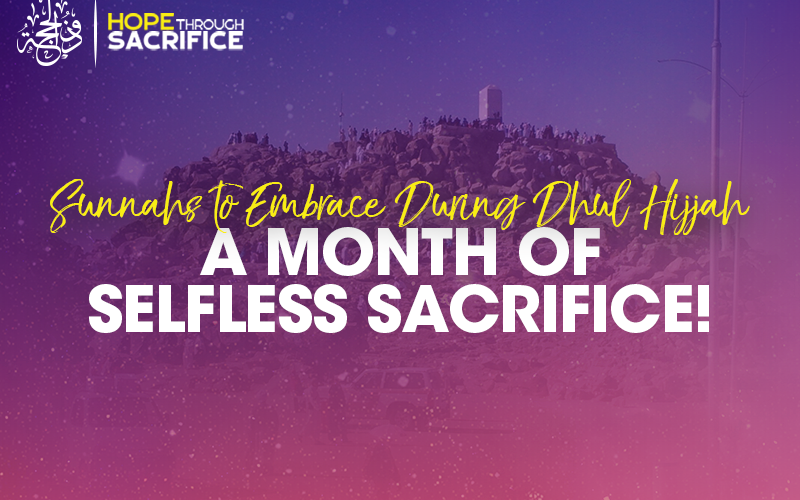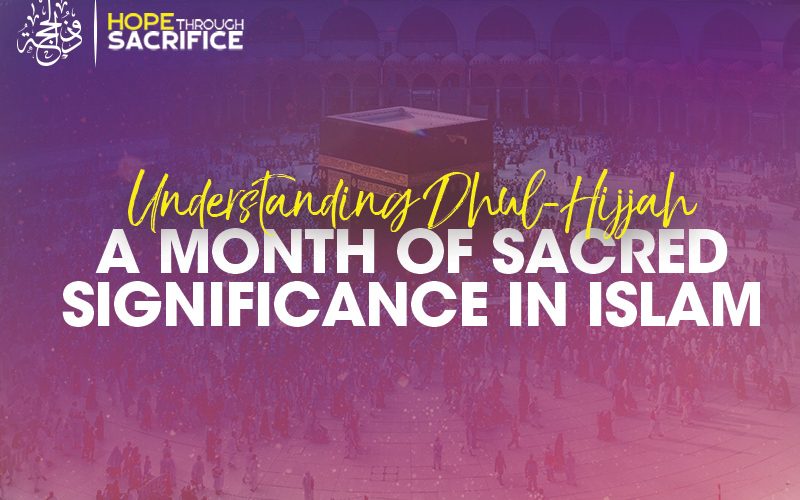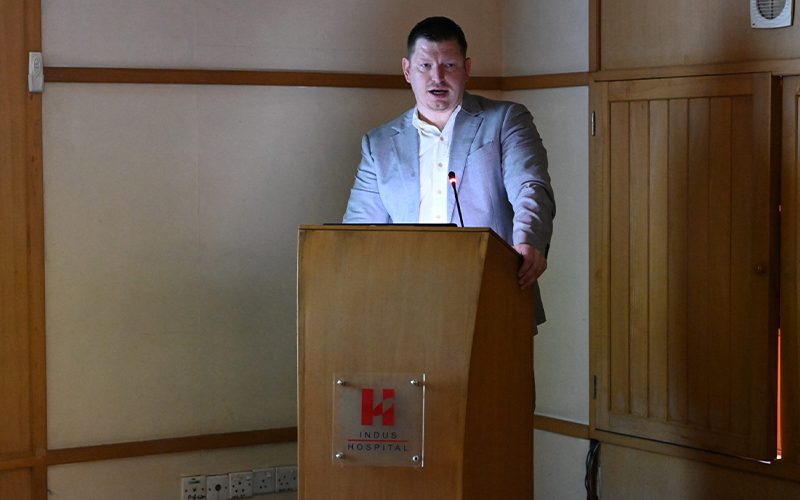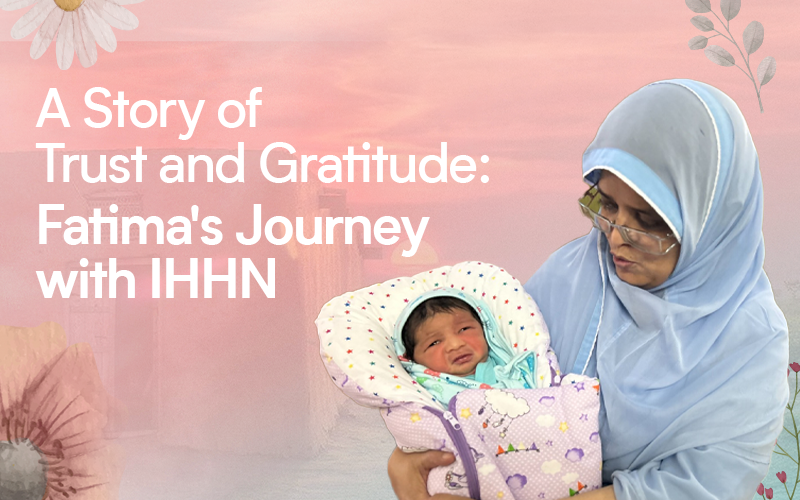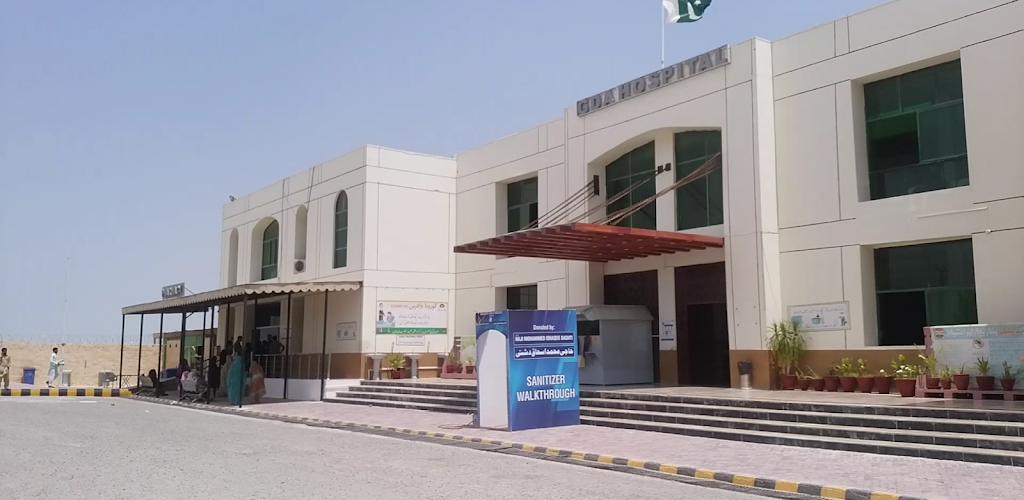The Day of Arafat, observed on the 9th day of Dhul Hijjah, is one of the most significant days in the Islamic calendar. It holds profound historical and spiritual importance for Muslims worldwide. This day marks the pinnacle of the Hajj pilgrimage that takes place during the first days of Dhul Hijjah, where millions of pilgrims gather on the plains of Arafat,
Discovering Truth Amidst Falsehood: A Journey of Faith In the ancient land of Babylon, there lived a man named Ibrahim (AS). Surrounded by people who worshipped lifeless idols, Ibrahim questioned this belief from a young age. He looked up at the sky and marvelled at the wonders of nature, feeling in his heart that there must be one true creator behind it all. As Ibrahim grew older, his conviction in the one true God grew stronger. He
The first ten days of Dhul-Hijjah are considered to be the most blessed days of the Islamic calendar. The Prophet (pbuh) said, “There are no days on which righteous deeds are more beloved to Allah than these ten days (ten days of Dhul Hijjah)” (Bukhari). These ten days are filled with immense spiritual importance and offer abundant blessings and rewards for those Muslims who wish to seek them and draw closer to Allah (swt). In order to reap the benefits of
Dhul-Hijjah, the twelfth month of the Islamic lunar calendar, holds a place of immense importance in the hearts of Muslims worldwide. It is a time imbued with historical significance, spiritual enrichment, and profound acts of worship. This month encompasses some of the most revered days in Islam, marked by major religious events, including the Hajj pilgrimage and Eid al-Adha. The History and Significance of Dhul-Hijjah The name “Dhul-Hijjah” translates to “The Month of Hajj,” directly pointing
Indus Hospital & Health Network is committed to continually improving care for cerebral palsy (CP) patients. Beyond providing essential services, the hospital prioritises ongoing training and collaboration with external experts to enhance its expertise. Recently, the hospital welcomed Dr. Donald Kephart, a distinguished paediatric orthopedic surgeon from UCSF, for a visit. Dr. Kephart’s presence underscored the hospital’s dedication to excellence in CP management and its ongoing efforts to elevate standards
The Postpartum Rollercoaster: Embracing the Ups and Downs To embark upon this postpartum journey, it is essential to acknowledge the myriad of emotions that accompany it. From sheer bliss to profound exhaustion, the spectrum of feelings can resemble a whirlwind of chaos—and rest assured, this is entirely normal. A woman’s body undergoes several hormonal changes during her journey of pregnancy and afterwards. Embracing one’s emotions, sharing one’s experiences with others, and commending oneself for every triumph along the
After being diagnosed with a debilitating kidney ailment, Fatima sought support within the walls of the Indus Hospital & Health Network, where her journey to recovery began. The compassionate care she received developed an unwavering bond that Fatima, to date, shares with her loved ones. Years later, Fatima, filled with the excitement of motherhood, decided to trust the hospital that once helped her. At Sheikh Saeed Memorial Hospital, under the umbrella of the Indus Hospital, Fatima welcomed
Celebrating World Immunisation Week: Safeguarding Health Through Vaccination World Immunisation Week, observed every last week of April, serves as a poignant reminder of the indispensable role that immunisation plays in protecting individuals and communities worldwide. Immunisation is not just a medical achievement; it is a cornerstone of public health that has saved countless lives, prevented diseases, and contributed to the eradication of deadly viruses. As we commemorate this week, it is crucial to reflect on the significance of immunisation
EID BAZAAR Within the compassionate embrace of the Indus Hospital and Health Network, in partnership with Unilever, a magical Eid Bazar was organized for innocent souls such as children wrestling with cancer and their apprehensive caregivers. This Eid Bazaar was a culmination of a series of festivities spread throughout Ramzan for patients with cancer where children joyfully engaged in arts and crafts entertainment sessions. During Eid Bazaar, the typically somber corridor of the cancer ward was teeming with anticipation as eager parents
Indus Hospital & Health Network (IHHN) is proud to announce its partnership with the Government of Balochistan to take over the management of Gwadar Development Authority Hospital in Gwadar, Balochistan. As the Network’s 14th hospital, the 70-bed facility will soon be expanded by adding a new world-class 200-bed building constructed by the Republic of China as a sign of Pak- China friendship serving the disadvantaged people of Balochistan, the largest province of Pakistan by area. IHHN has always been on the


